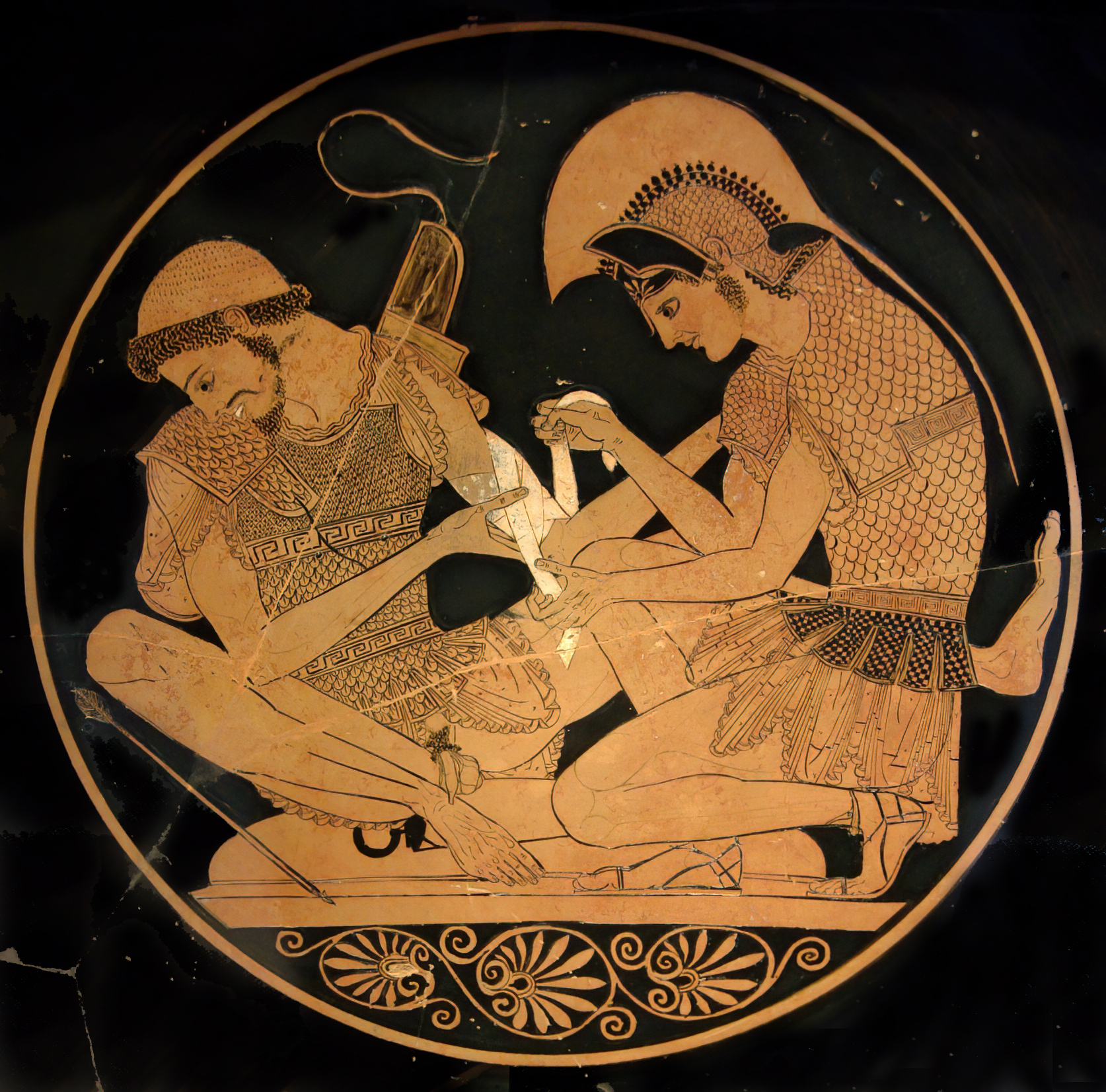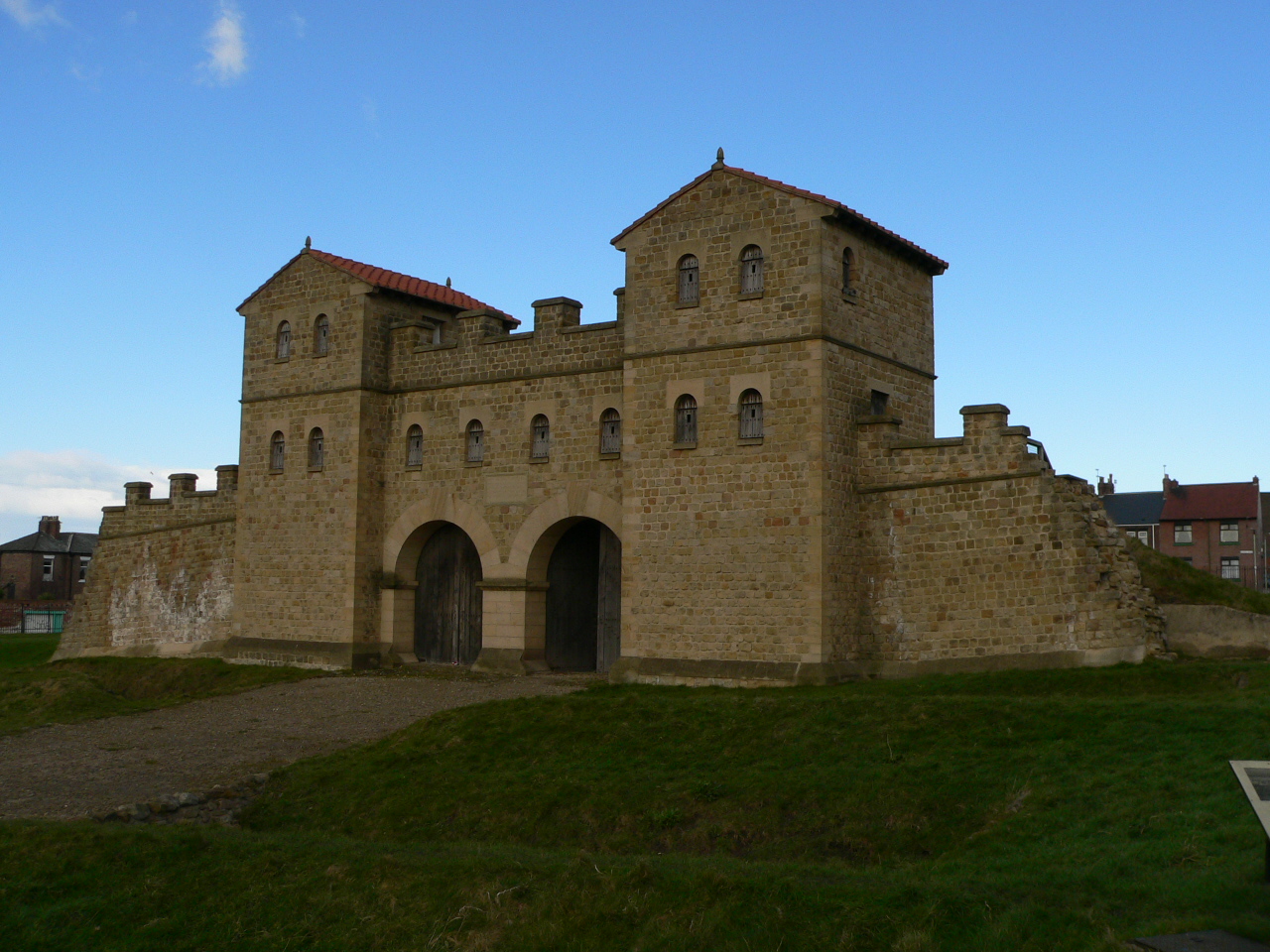3. Conflict
Greece at war

The Greek world during the archaic and the classical period was mainly characterized by independent city states at the centre of small territories, often fighting one against the other. War had a huge role in people’s identities, as free born male citizens were also the soldiers fighting for the safety of their cities. During the Hellenistic period, with the development of big states ruled by a monarch, things changed, and mercenary forces were increasingly employed as subsidiary forces by the rulers. The concept and notion of conflict changed accordingly and is reflected in both the literary and the visual sources. The way in which conflict and military victory were and are depicted today change according to the social and cultural context in which conflict takes place and reflects notions and ideas about power and identity. Understanding the role of written and visual representation in the past can help us getting a better understanding of the ways in which conflicts are portrayed today.
Interested in Greece at war as an EPQ project? Click here.
Rome at war

Rome’s military expansion across Europe and the Mediterranean created, at its peak, the most extensive political and social structure in Western civilization. The expansion of the Roman empire did not, however, occur all at once and was the result of different political, economic and social circumstances, reflecting the changes and the broad transformations that were taking place in Roman society at the time. The impact of Roman conquest was different, depending on the time and the cultural and social context in which it took place, being it Western Europe, Northern Africa, Egypt or the Greek speaking world. It also had a deep and long-lasting influence on European and Western culture, from the Holy Roman Empire to the British Empire and still affects the way conflict is discussed and sometimes portrayed today.
Interested in Rome at war as an EPQ project? Click here.
Colonization
Colonization is the action or process of settling among and establishing control over the indigenous people of an area. Colonies were a common form of people displacement in antiquity and new settlements were scattered across the Mediterranean by Greeks, Phoenicians, Romans, to cite but a few. However, the nature, process and implications of colonisation varied enormously according to the cultural, social, political and even military context in which they took place, so that despite some analogies, there are differences in the colonial outcomes of Archaic and Classical Greece in Southern Italy and Sicily as well as of Republican and Imperial Rome across Italy, Europe and the Western Mediterranean.
Interested in Colonization as an EPQ project? Click here.
